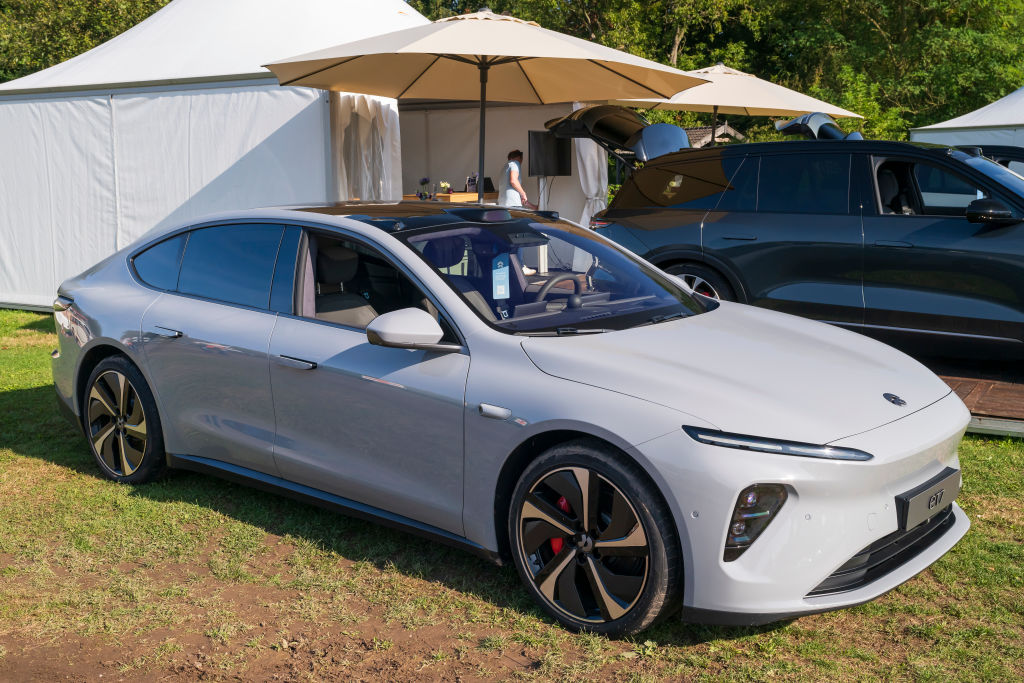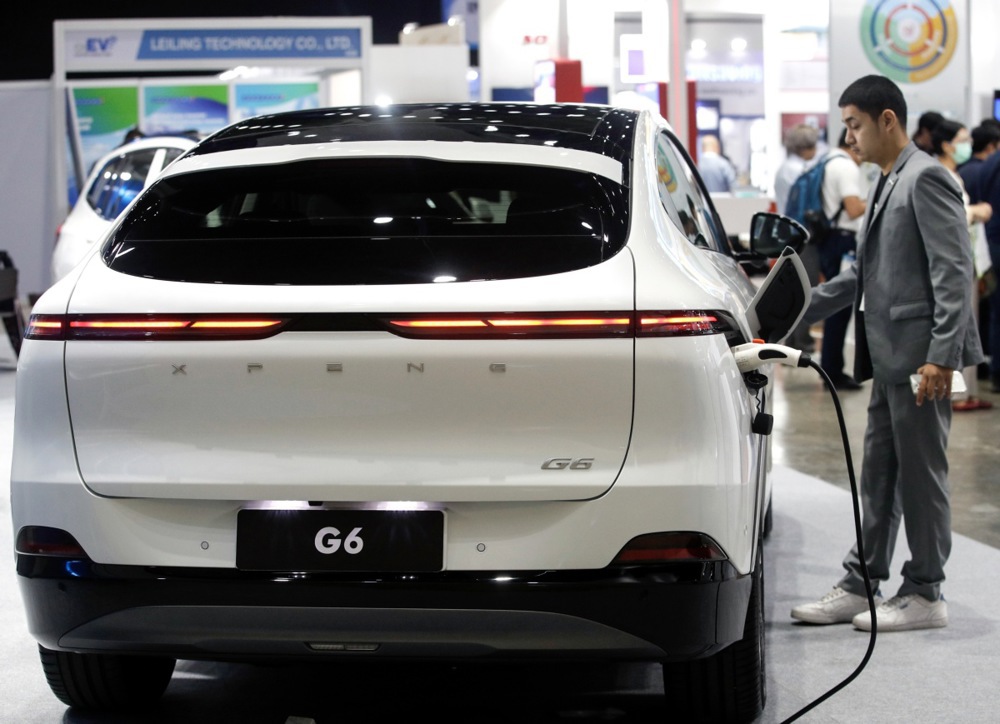Turkey’s trade ministry imposed strict conditions on the import of plug-in hybrid vehicles from some countries, including China, according to a notice published in the Official Gazette on Friday.
The move follows a decision in June to limit imports of electric vehicles.
China has faced widespread criticism over its vehicle exports, which many countries claim are heavily subsidised by Beijing.
Analysts say Ankara is also seeking to increase pressure on Chinese carmakers with which it is holding talks about investing in production in Turkey.
The notice, which takes effect in 30 days, says an importer must meet conditions including having 20 authorised service shops in seven different regions of Turkey, in order to import chargeable hybrid vehicles not produced in the European Union or in countries with which Turkey has a free trade agreement.
Analysts say no importers meet the conditions.
“All plug-in hybrid vehicles that will come from now on will be blocked, apart from those in stock already. Other hybrid cars are already subject to a high customs tax,” Erol Sahin, founder of EBS Danismanlik consultancy said.
He added the government was “toughening its message of hurry up” to the Chinese firms with which it is negotiating over domestic production.
In July, China’s BYD agreed with the Turkish government to build a $1 billion (€900 million) plant in Turkey with an annual capacity of 150,000 vehicles.
Last week, Turkish sources said BYD’s investment process in Turkey continued without any problems, after China’s warning to its companies about the risk of overseas investment.free tra
China’s Chery and SAIC are also in talks.
In Europe, sales of fully electric vehicles have been falling more rapidly than of hybrid cars, data has shown this week.
Turkey’s domestic car and light vehicle market was at 762,000 units for the first eight months of the year, around the same as last year. Imports of Chinese brands jumped more than twofold to 63,000 units, taking 8 per cent market share, according to industry data.





